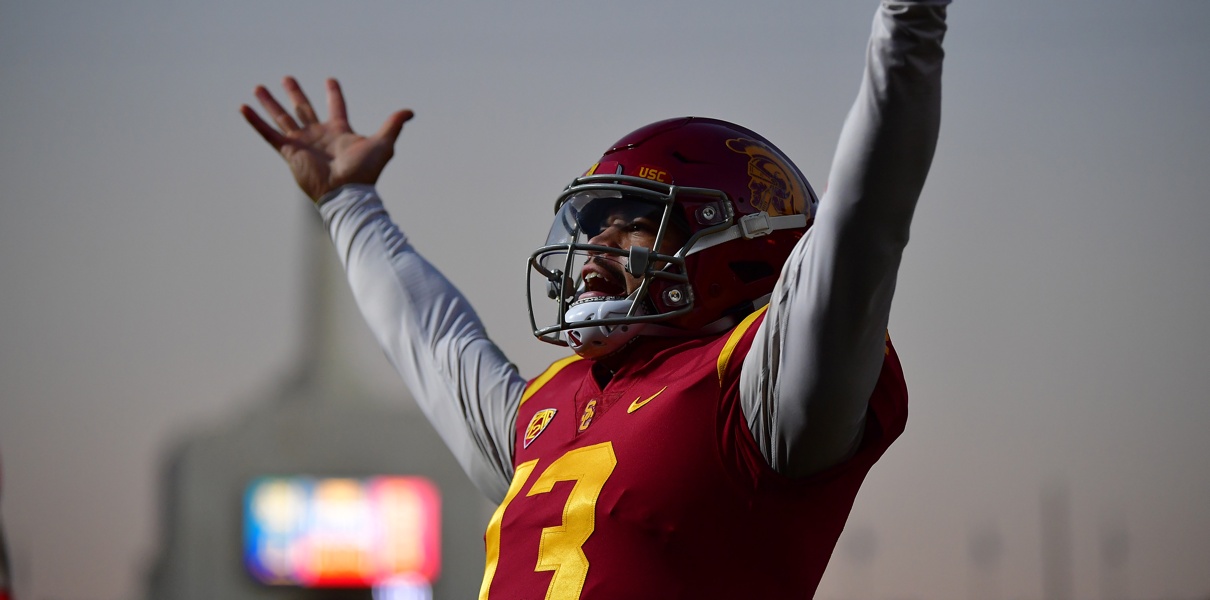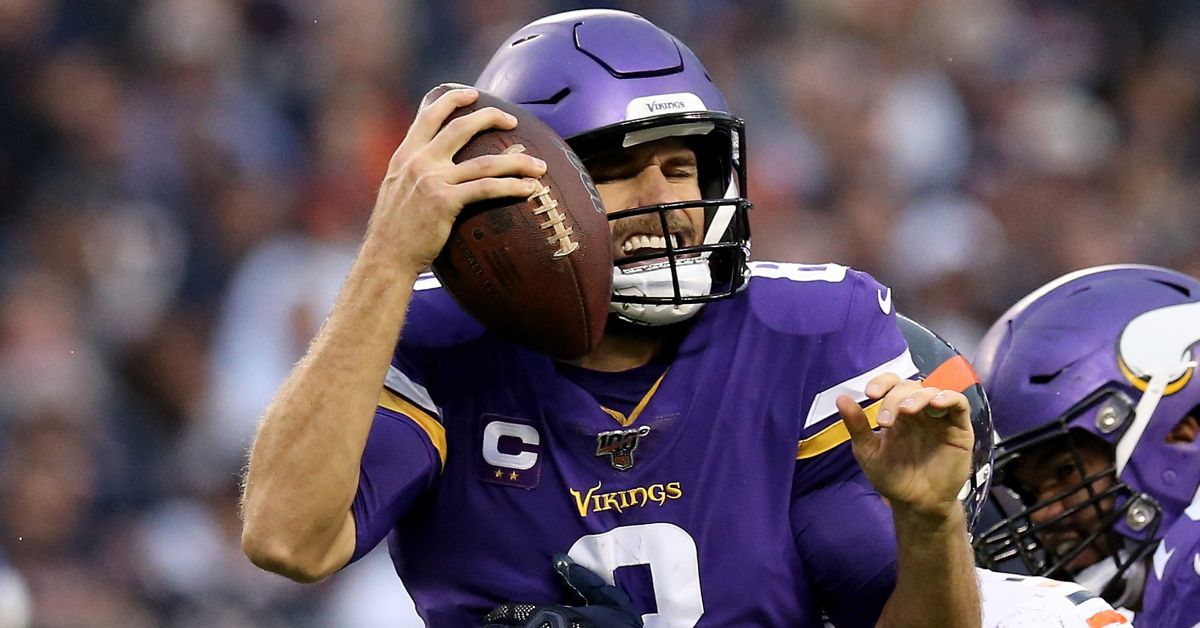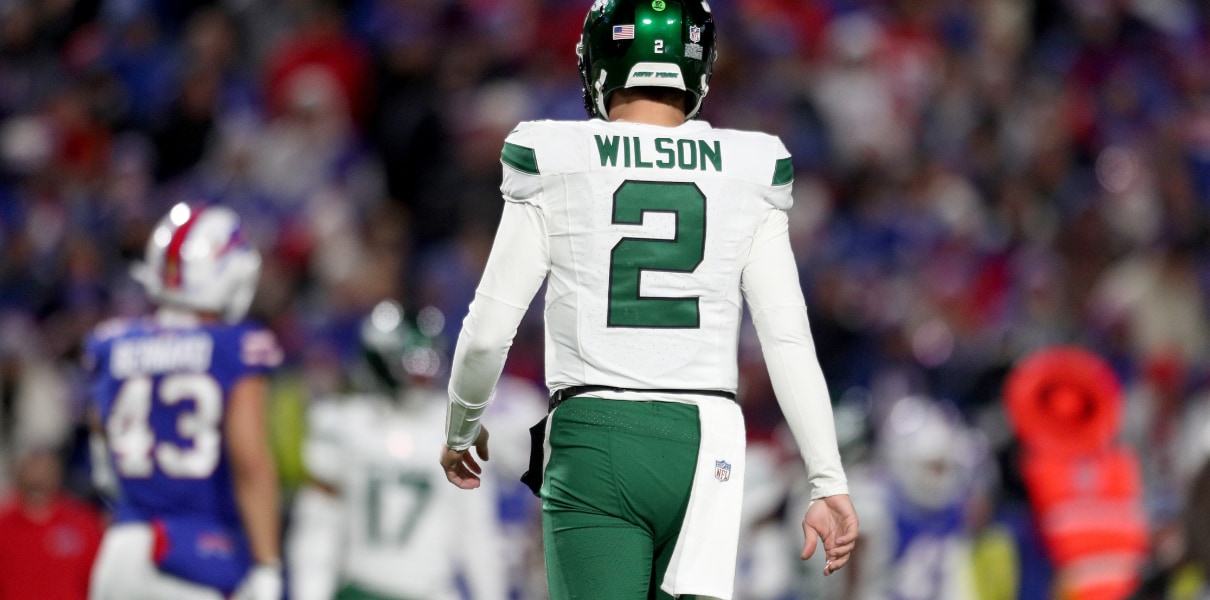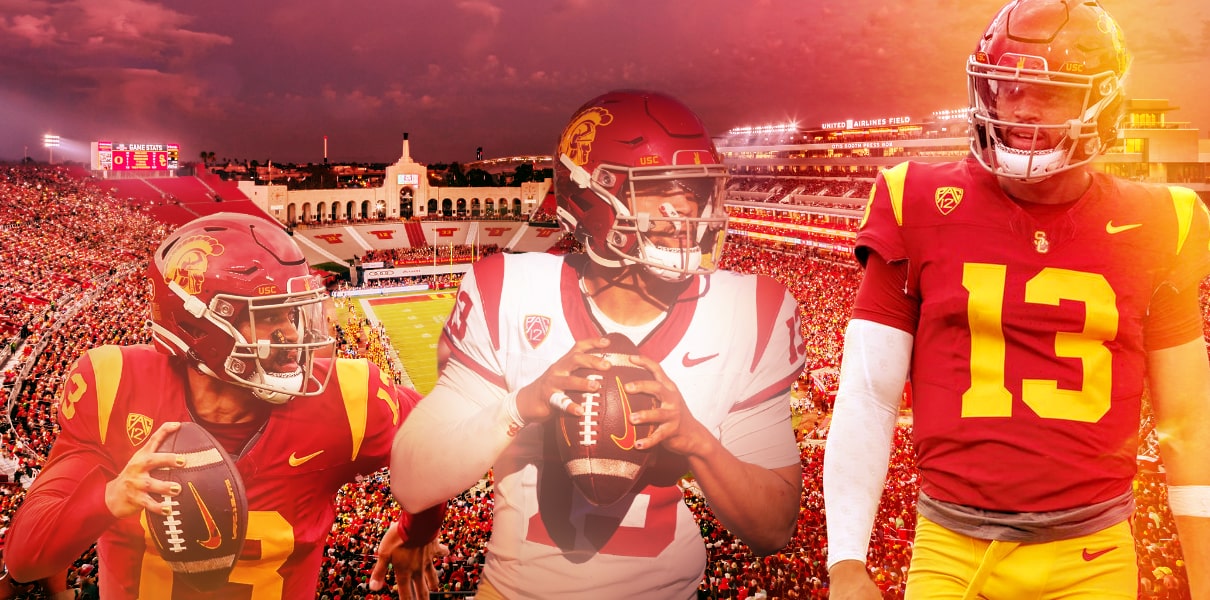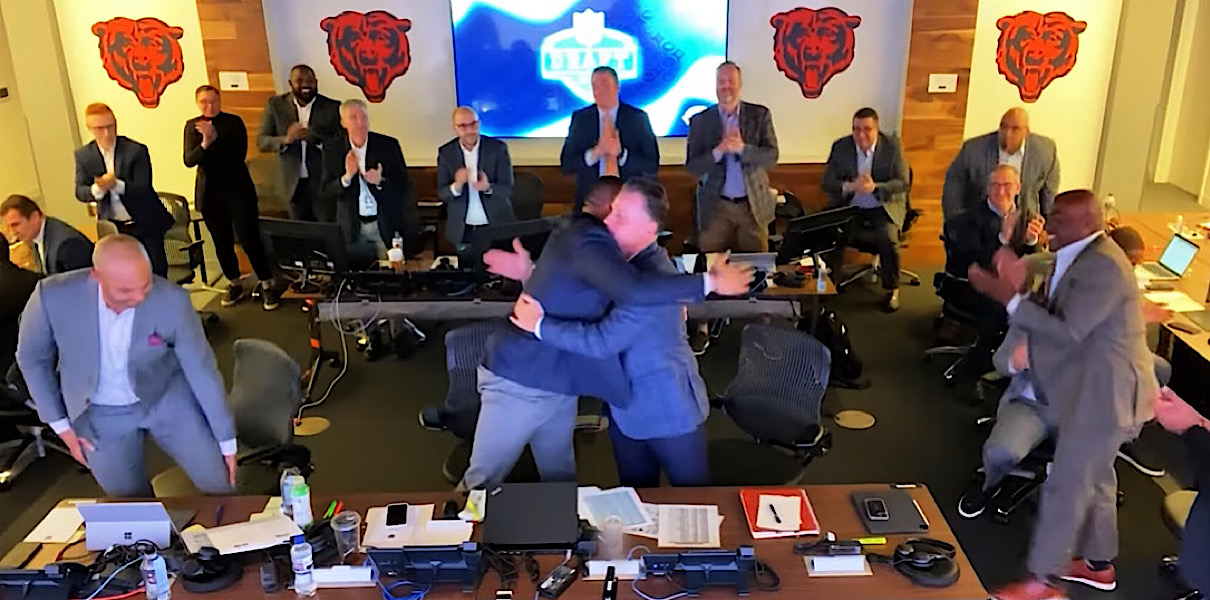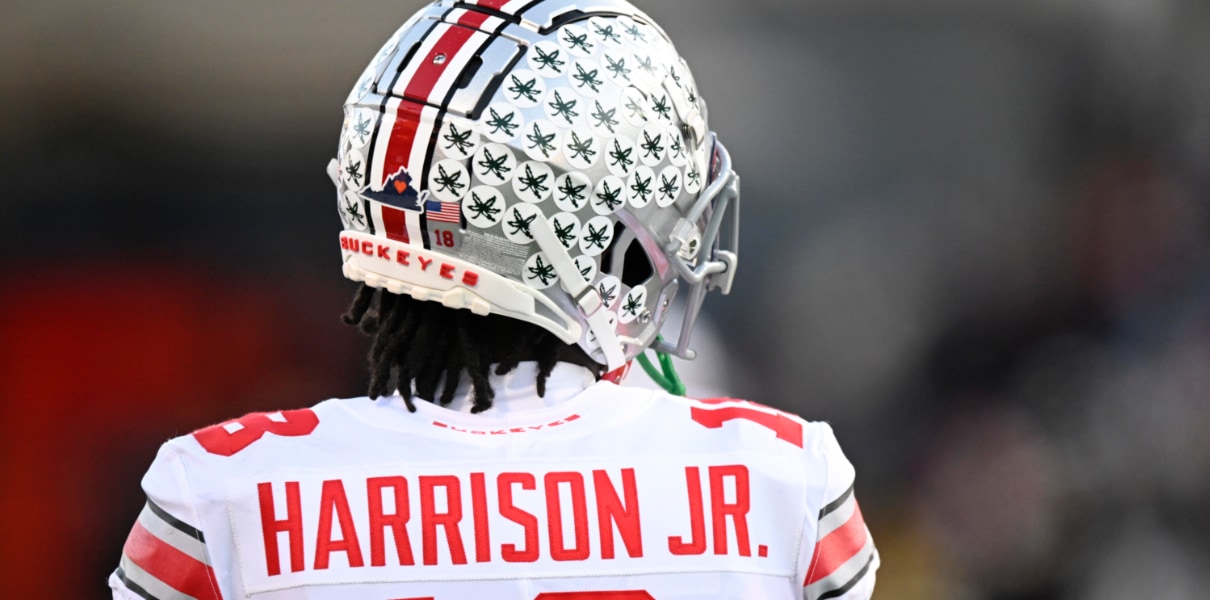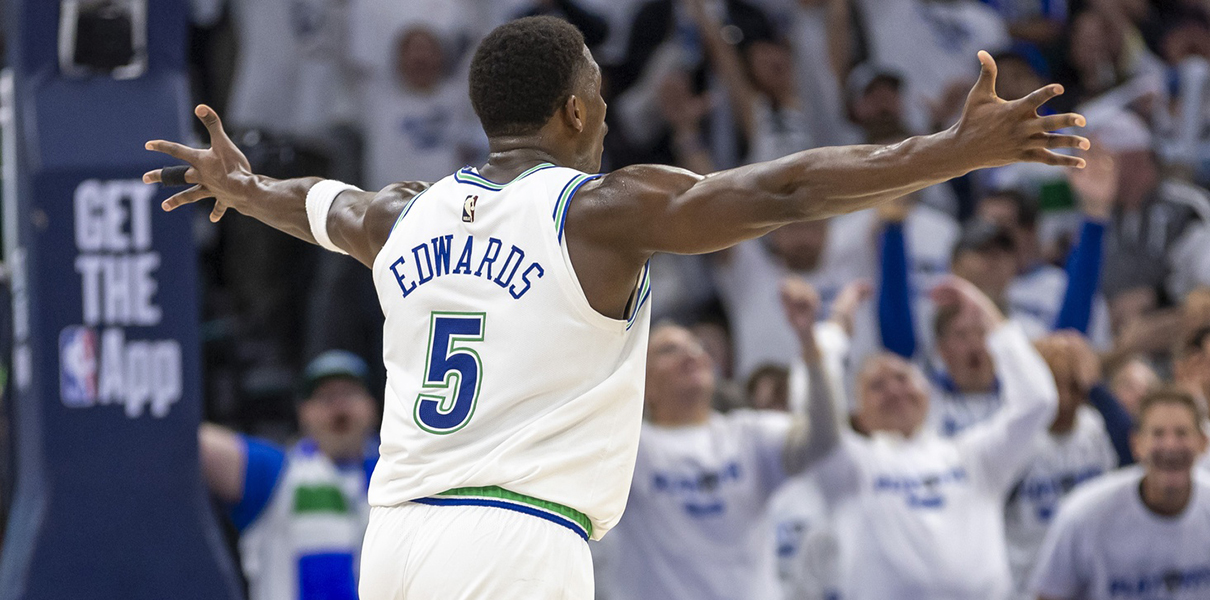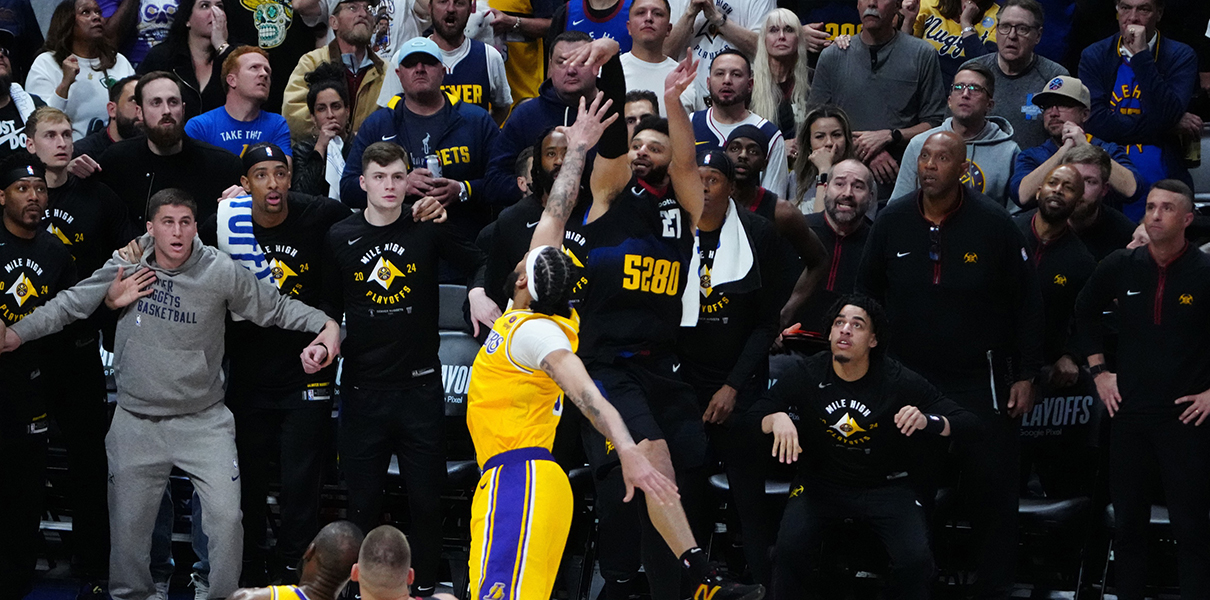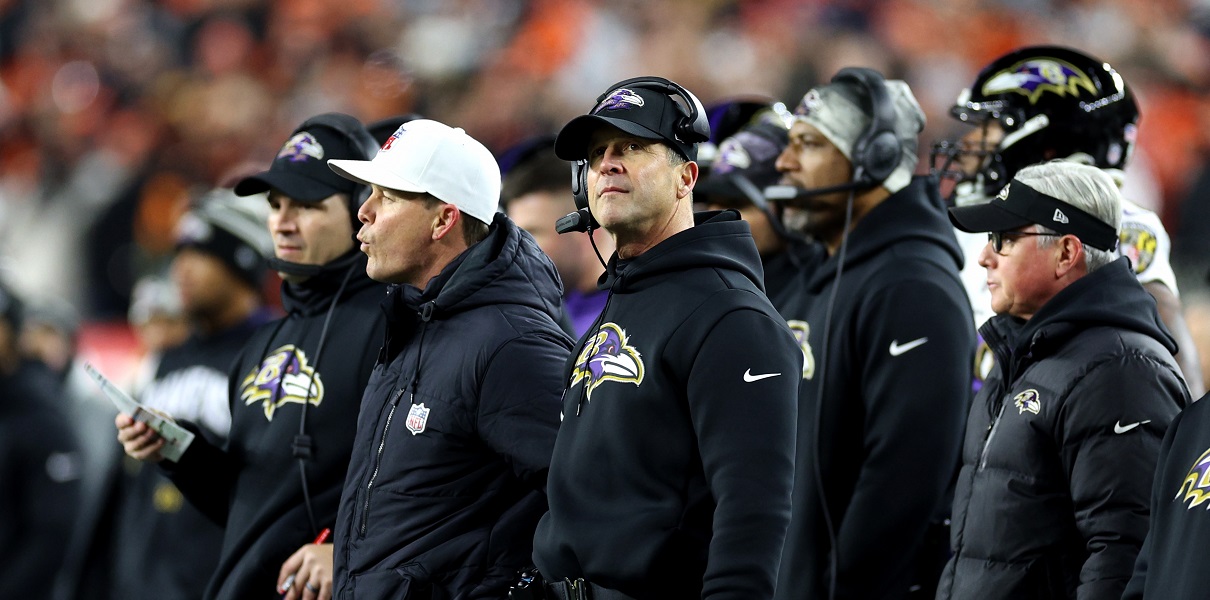Let’s get the obligatory caveats out of the way from the top.
I’m not giving up on Matt Eberflus. And the Chicago Bears, at 2-1, are far more entertaining to watch (in terms of a dramatic, “any given Sunday…” kind of vibe) than they were last year. But I still came away from a Week 3 win against the Houston Texans with concerns about this team’s philosophy. To be clear, I wouldn’t go as far as to call them red flags. However, some unsettling things popped up last Sunday that need to be hashed out.
Let’s discuss.
Timeout Mismanagement Rears Its Ugly Head
It took until just under the two-minute warning in Week 3 for me to be yelling at the television set because of timeout mismanagement. Was I loud? Yes. Annoying? Possibly. But on the bright side, I’m convinced the people upstairs can tell what month it is based on my sports screams.
On Sunday, I was downright flabbergasted with Eberflus’ timeout management. With about 46 seconds left before halftime, Khalil Herbert moved the chains and positioned the Bears to use the first of their three available timeouts to scheme up one last scoring drive. And with Chicago down by one and Houston set to get the ball to start the second half, making one last gasp at putting another score on the board was a sensible ask. But I guess Eberflus disagreed, choosing to take all three timeouts (and a one-point deficit) with him into the locker room at halftime.
Unfortunately, his explanation didn’t make me feel any better:
“We were at 46 seconds, and we didn’t want to bring that down on the minus field to 35 seconds because they (the Texans) have multiple timeouts. If you get that first down and they bang timeouts, and we punt the ball, then they have a rebuttal drive.”
Oof. What kind of defeatist logic is that? Not only does that reek of not having confidence in your offense to move the ball, but it also hints that you don’t have much faith in your defense. And if the defensive-leaning head coach can’t stop Davis Mills and the vaunted Texans offense from scoring with less than 30 seconds on the clock (and without timeouts!), then we might have more significant concerns on our hands.
When push comes to shove, I don’t love dissecting Eberflus’ time management struggles that remind me of Matt Nagy’s issues. What makes it worse is that this isn’t the only moment I had flashbacks to the predecessor’s way of operating.
The Teven Jenkins Situation
Following Teven Jenkins‘ arc this year has been a winding road of drama that would make for a great telenovela (if they made telenovelas about football). And the latest development had me tilting my head like a confused puppy.
That’s because, after what had been close to a 50-50 timeshare split between Jenkins and Lucas Patrick, it was the veteran (Patrick) starting *AND* out-snapping the second-year player (Jenkins) 41-22. And when asked what Jenkins needs to do to get a larger share of snaps, Eberflus’ answer was a bit of a head-scratcher:
Going from being a starter with a near-even split in snaps to not starting and seeing your playing time take a hit because of a not-so-great Wednesday practice seems odd, especially when Jenkins has been healthier than Patrick (who, mind you, is only playing right guard because he isn’t ready to snap and play center yet) and has looked better when given playing time.
Don’t get me wrong. I understand how important practice is in the grand scheme of things. But how you play on game day should hold more weight.
The drive split between Jenkins and Patrick remains even for what it’s worth. And I suppose that once healthy, Patrick returning to center would open a path to Jenkins getting full-time reps at right guard. However, I wouldn’t put it past this regime to nudge Sam Mustipher (who spent time at guard during OTAs and training camp) at the position if his position coaches deem him to be worthy of playing. But that is a different conversation for another post.
I say that not just because I need to cut this section short but also because there is another player whose development appears to be taking a back seat.
Winning at the Cost of Justin Fields’ Development
Justin Fields has taken a step back. It’s just three games. So there is a non-zero chance that this is a blip on the radar. But right now, it is less of an annoying beep and more of a set of alarm bells going off in my head. So far in 2022, Fields has worse numbers when it comes to completion percentage, yards/attempt, and passer rating when compared to his 2021 stats. Fields’ interception rate is higher this year, as is the percentage of times he is getting sacked.
It’s a mess. And how Fields has gotten here deserves its own space for dissection… But for now, what is eating space in my head is the feeling that Fields’ development — which, if done properly, could help him escape this rut he has created for himself with his less-than-stellar play — is taking a back seat because of Eberflus’ win-now mentality.
In fairness, this logic (from Monday’s press conference) is sound:
“We’re doing everything we can to win the game. That’s the most important thing. What’s the style we would have to play to win that particular game? And it changes week-to-week. This week, we were in a mode where it was a style that we had to play to win the game, and it came out on the right end.”
On the one hand, winning is good. And I admire a coach aiming to put together a different game plan each week tailored to take down that given game’s opponents. That line of thinking is a departure from the previous regime, which tried to fit square pegs into round holes each week.
But on the other hand, I’m uncomfortable with how comfortable Eberflus seems to be with doing what it takes to get the immediate jolt of serotonin that comes with winning (even at the expense of player development). You play to win the game, as Herm Edwards once famously ranted. And I have no qualms with winning. But to not strike a balance between winning football and player development bugs me as much now as it did last year when Matt Nagy was following those same principles.
In the End…
It is probably too early to jump off the Eberflus bandwagon. And I wouldn’t feel right declaring the Bears made the wrong hire three games into the season. However, that this coach doesn’t seem to prioritize developing the franchise’s most valuable asset (a young, talented, and toolsy quarterback on a rookie deal) while simultaneously winning games doesn’t sit well with me. There is still time to change course. So I hope this isn’t the last I’ll write on this topic. Maybe we’ll see growth and an alteration of philosophical plans. Or perhaps we won’t. Ultimately, these first signs of concern are worth jotting down for future reference.




